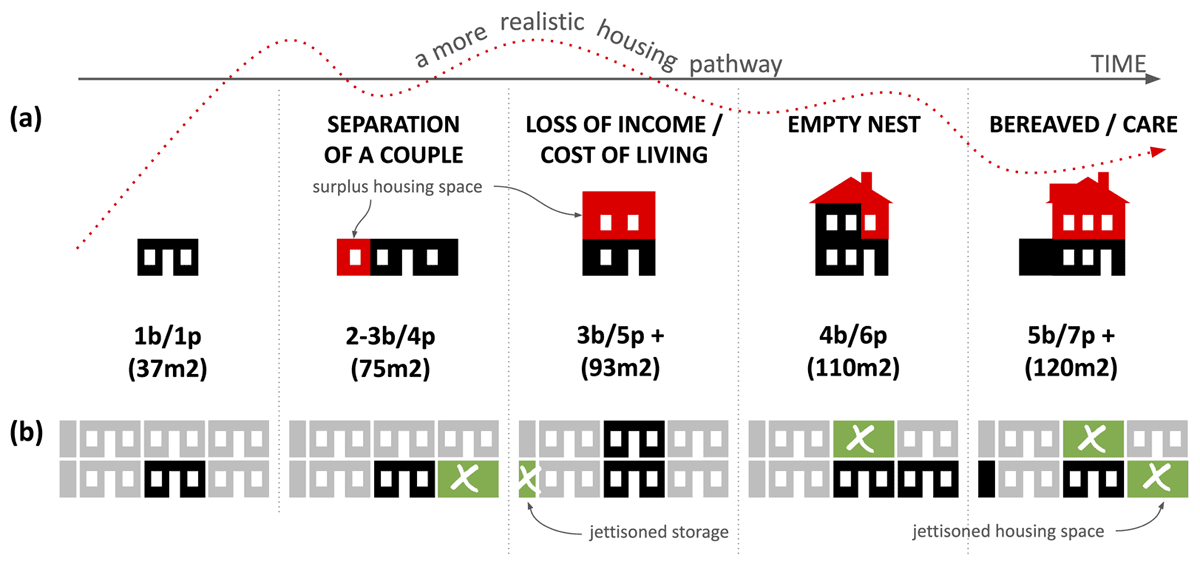AI-Generated Summary
This comprehensive academic paper titled "Beyond collective property: a typology of collaborative housing in Europe" was published in the International Journal of Housing Policy by authors Emma Jo Griffith, Mirte Jepma, and Federico Savini from the University of Amsterdam. The research stems from a growing need to understand the diverse forms of collaborative housing beyond traditional private or public tenure models.
Context and Research Framework
The study analyzes 100 collaborative housing cases across several European countries, including Switzerland, Italy, Spain, Austria, the Netherlands, and Germany. The authors established a typology framework based on three main dimensions: architecture, institutional setup, and organization. This framework serves as a means to categorize and compare various collaborative housing projects.
Architectural Patterns
The architectural analysis revealed a range of project scales, from small groups with fewer than 10 members to larger communities with over 100 residents. Two main sharing regimes were identified: one where only extra spaces, such as gardens and parking, are shared, and another where both functional and essential spaces, including kitchens and laundry facilities, are shared among residents.
Institutional Arrangements
The paper also examined institutional arrangements, focusing on the legal status of these housing projects. Some operate within a formally recognized legal framework, while others function in a trans-legal status. Property rights are either dispersed among multiple entities or concentrated within a single group. Management styles vary from self-managed initiatives to those that are professionally managed.
Organizational Values
Five primary value orientations emerged from the study, which include eco-communitarian principles, intergenerational collaboration, identity-based motivations, affordability-focused initiatives, and service provision. These values reflect the diverse aims and commitments of the residents involved in collaborative housing projects.
Research Methodology
The researchers employed content analysis of project websites and social media, conducted interviews with ten experts in the field, and performed an in-depth case study of the 4Stelle Hotel in Rome. This multifaceted approach allowed for a robust understanding of the collaborative housing landscape across Europe.
Significance of the Study
This research provides the first comprehensive typology for comparing collaborative housing projects in various European contexts. It challenges the oversimplified assumptions about collaborative housing by demonstrating that successful projects can exist at different scales and with varied features. The typology developed serves as a valuable resource for researchers and policymakers looking to analyze and understand the complexity of collaborative housing initiatives.
Conclusion
The study concludes that collaborative housing is far more diverse and intricate than previously recognized. Projects exhibit various combinations of architectural, institutional, and organizational features, laying the groundwork for more nuanced international comparative research in the collaborative housing sector. This typology is essential for fostering a deeper understanding of sustainable housing solutions in Europe.
